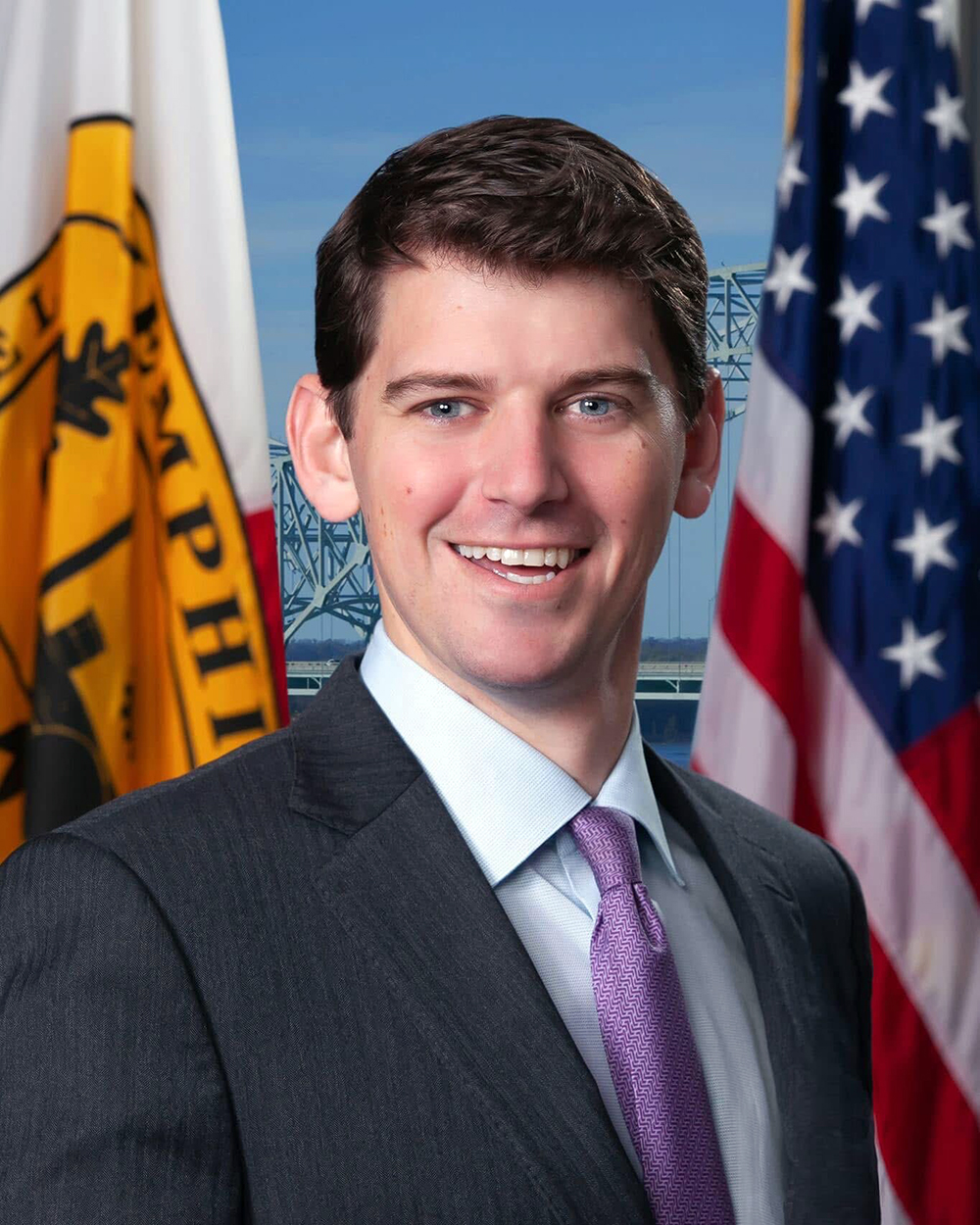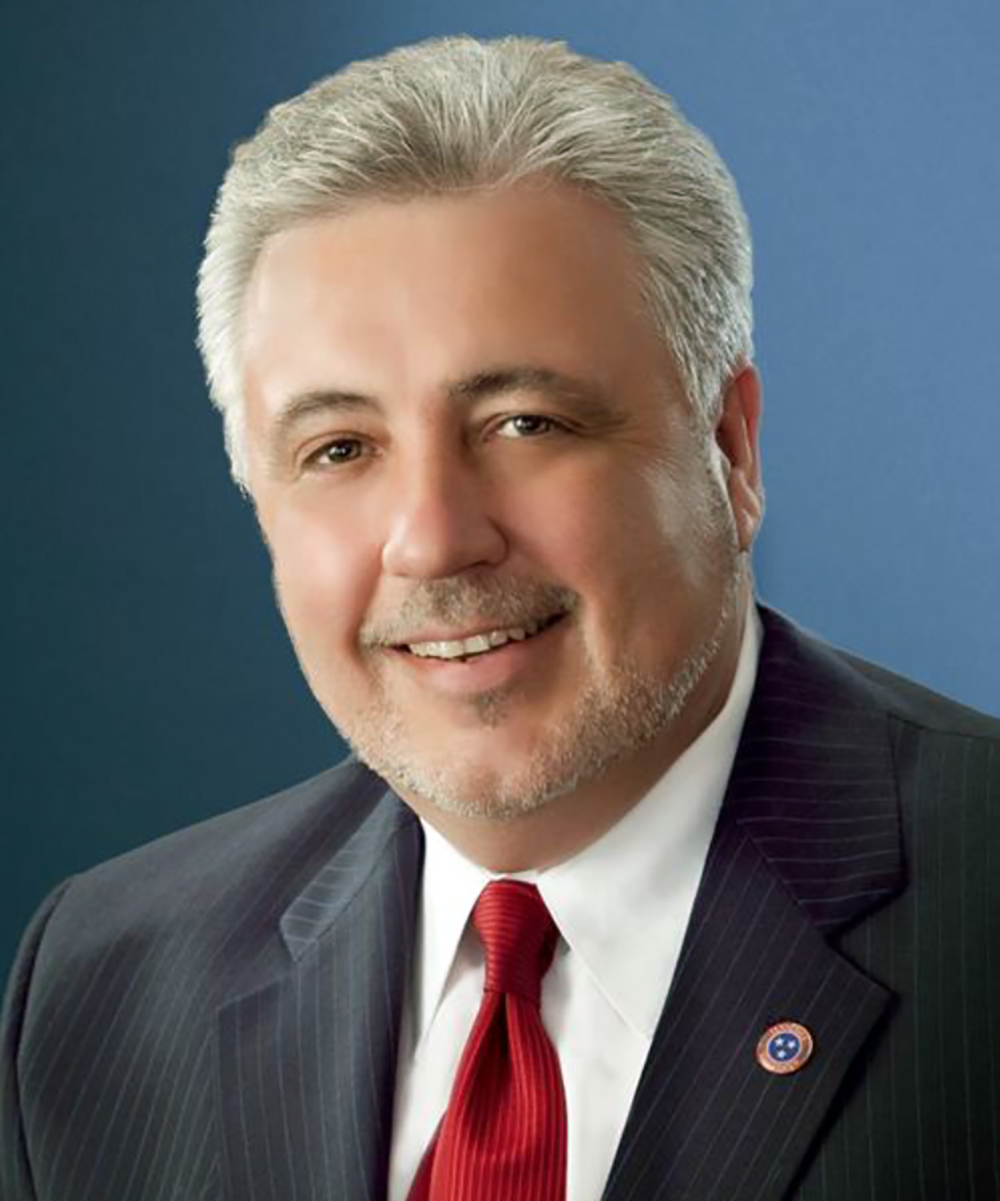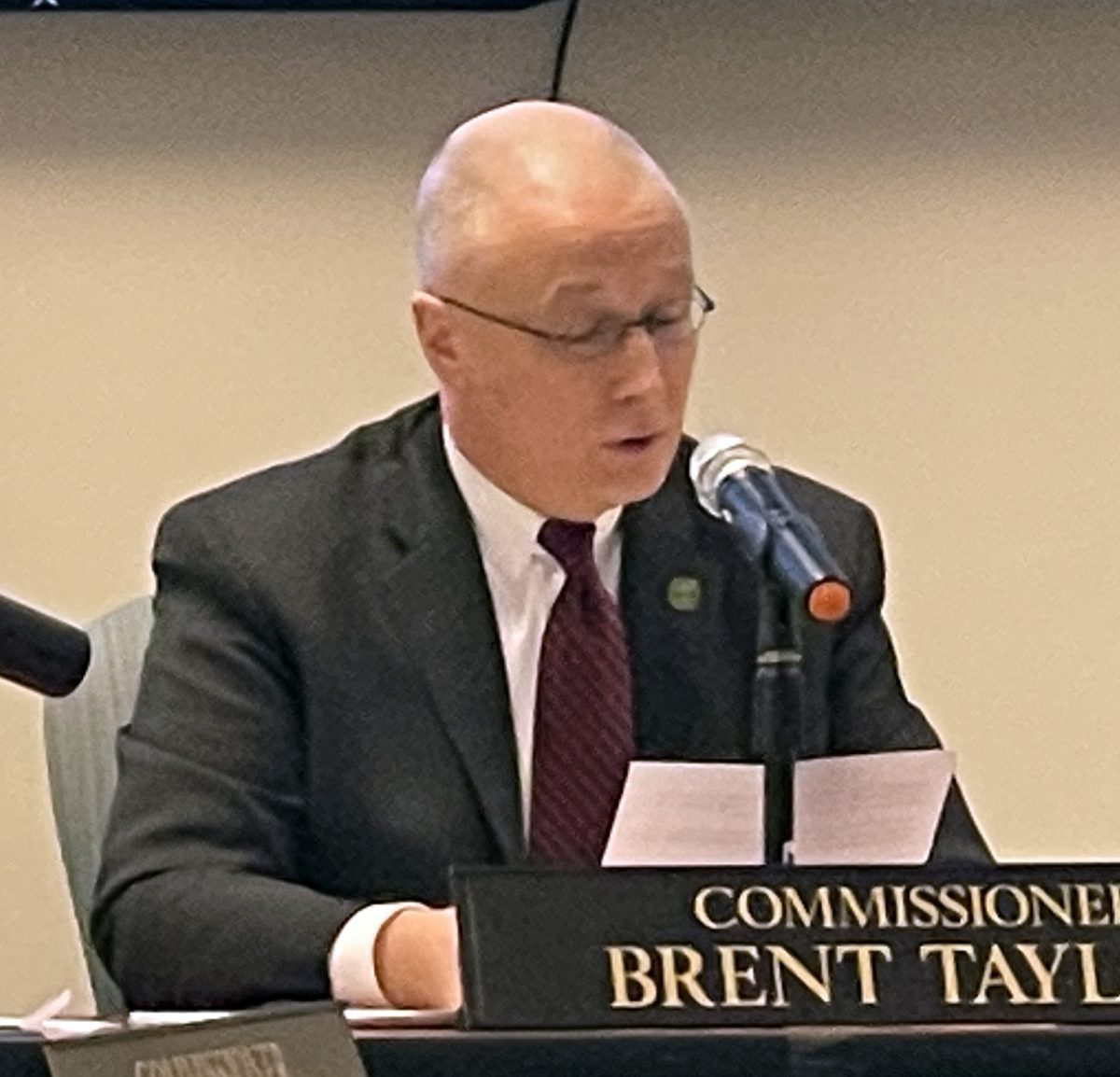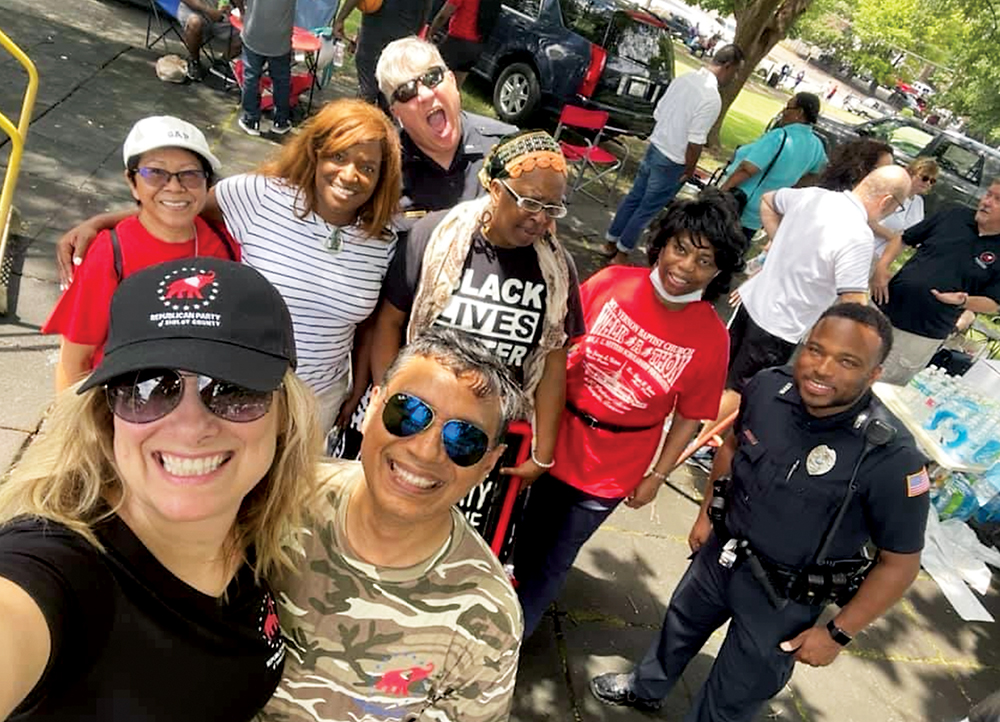In the political sphere, both major political parties chose new leaders over the weekend.
The executive committee of the Tennessee Democratic Party (TNDP), meeting in Nashville on Saturday, elected Rachel Campbell of Chattanooga the party’s new state chair. Campbell, currently chair of the Hamilton County Democratic Party, defeated state Representative Gloria Johnson, the party’s unsuccessful 2024 candidate for the U.S. Senate, and three other candidates.
The election required two ballots, with Campbell ultimately winning over runner-up Johnson by a margin of 43 to 22. One of the issues militating against Johnson was a concern that, as an elected state official, her direct involvement in fundraising campaigns would be limited by restrictions set by the state Election Registry.
The TNDP elected Nathan Higdon of Blount County as vice chair.
And in Shelby County, also on Saturday, a few hundred delegates turned out for the local Republican Party’s biennial convention at New Hope Christian Church in Bartlett, electing former Memphis city councilman Worth Morgan Shelby County Republican chair over party vice chair Naser Fazlullah.
The contest had generated a fair amount of friction in local Republican circles, some of it carrying over to the convention itself, largely on account of Fazlullah’s charge that Morgan had been insufficient in his support of President Donald Trump.
Fazlullah repeated the charge to the convention attendees on Saturday, and for his pains heard himself being hooted at from the floor by supporters of Morgan, one of whom hurled the deadly epithet “Rino” (for Republican in Name Only) at Fazlullah.
The tally results — 307 votes for Morgan, 100 for Fazlullah— indicated that the advance Sturm und Drang, which was considerable, had been wholly disproportionate to the actual alignment of forces in party ranks.
Morgan’s campaign, run under the rubric “25 [for 2025] to Revive,” had been well organized and clearly included in its ranks a lopsided majority of local GOP influencers.
Patti Possel, a veteran of the erstwhile deannexation-from-Memphis movement in the suburbs, was elected local GOP vice chair.
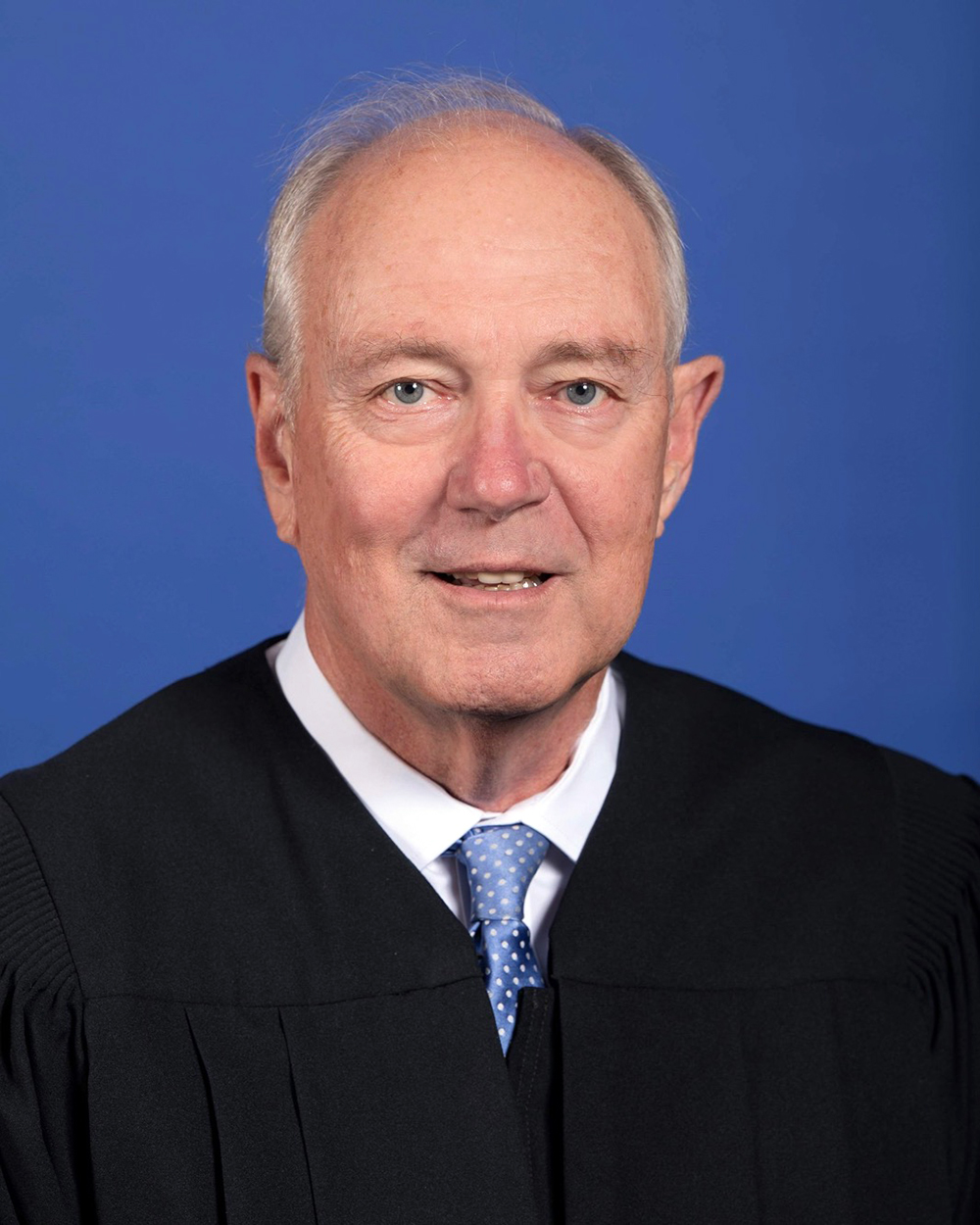
• Jim Kyle, the onetime Democratic leader in the state Senate, who gave up his legislative seat a decade ago to make a successful run for Shelby County chancellor, made his retirement from the bench formal last week.
Some months ago, Kyle had been forced to step down from his judicial duties because of the debilitating effects of CIDP (chronic inflammatory demyelinating polyneuropathy). Lawyer Jim Newsom was appointed special judge, a temporary successor to Kyle, by Governor Bill Lee.
Kyle reports progress in what has been a difficult rehabilitation period, one which has severely restricted his movements and confined him to a wheelchair. He is looked after by his wife, state Senator Sara Kyle, by other family members, and by various ad hoc helpers.
Gamely, Kyle says he is greatly buoyed by the imminent birth of a grandchild to his son James Kyle Jr. and by devoted watching of the televised games — “good, bad, and ugly” —of the Grizzlies basketball team.
